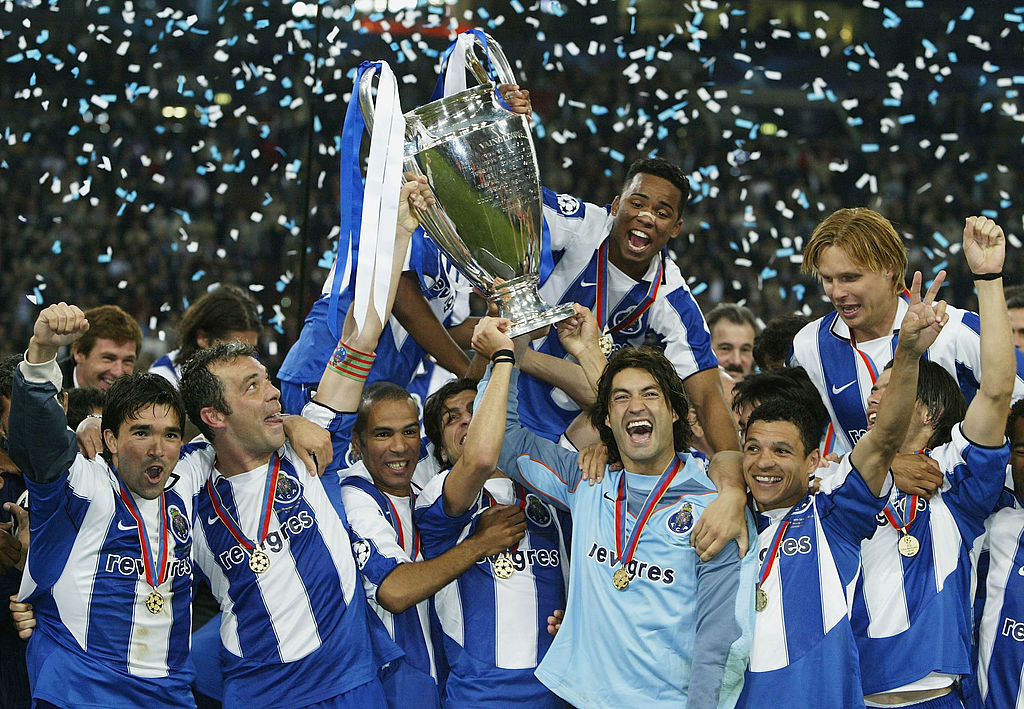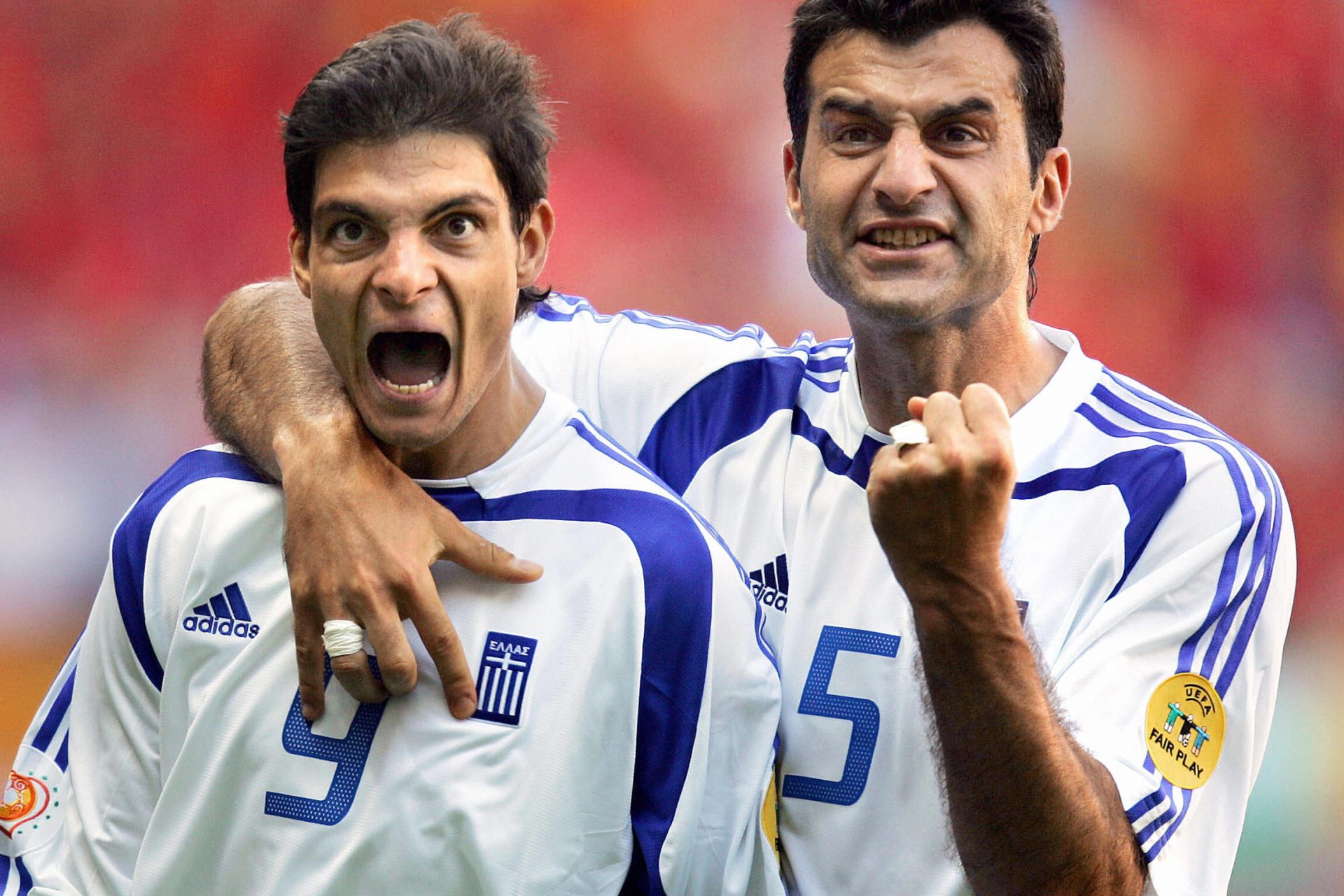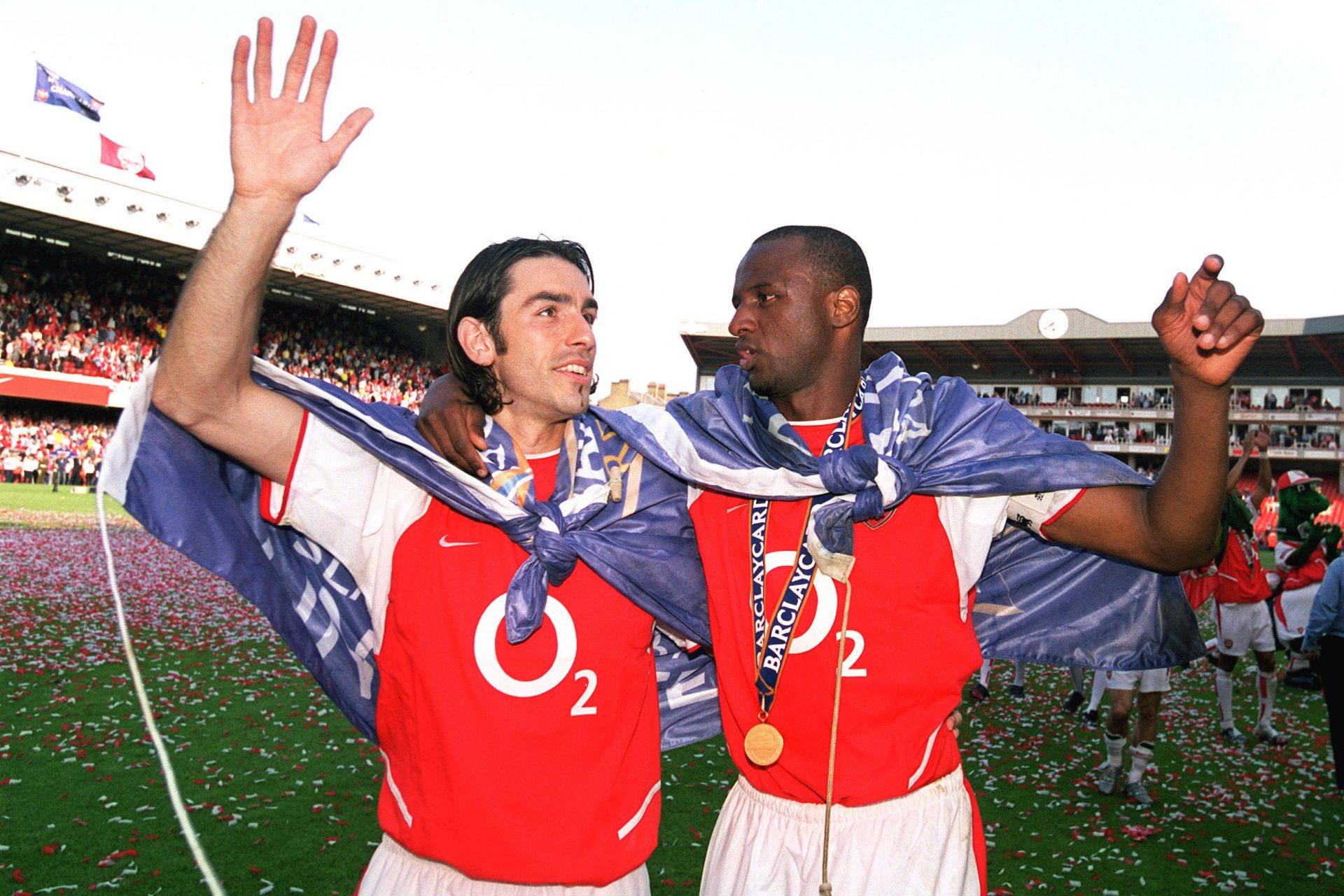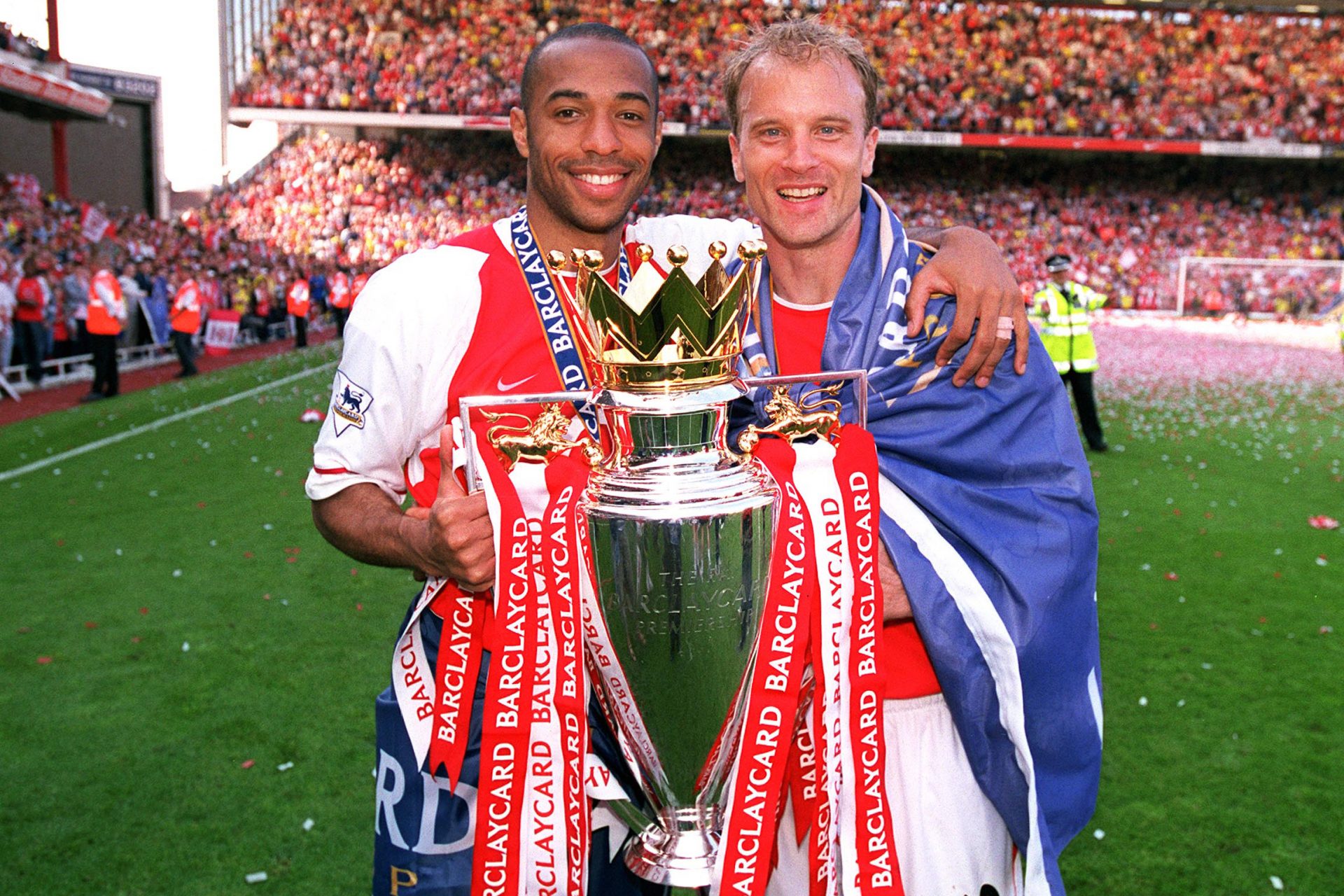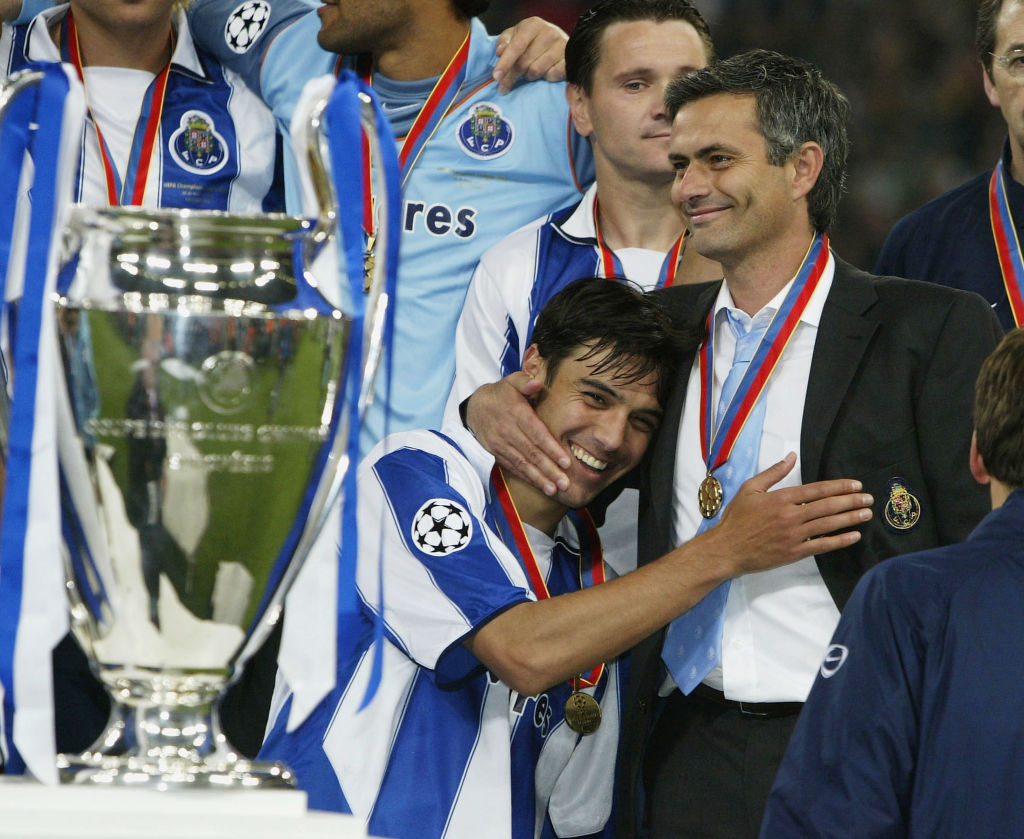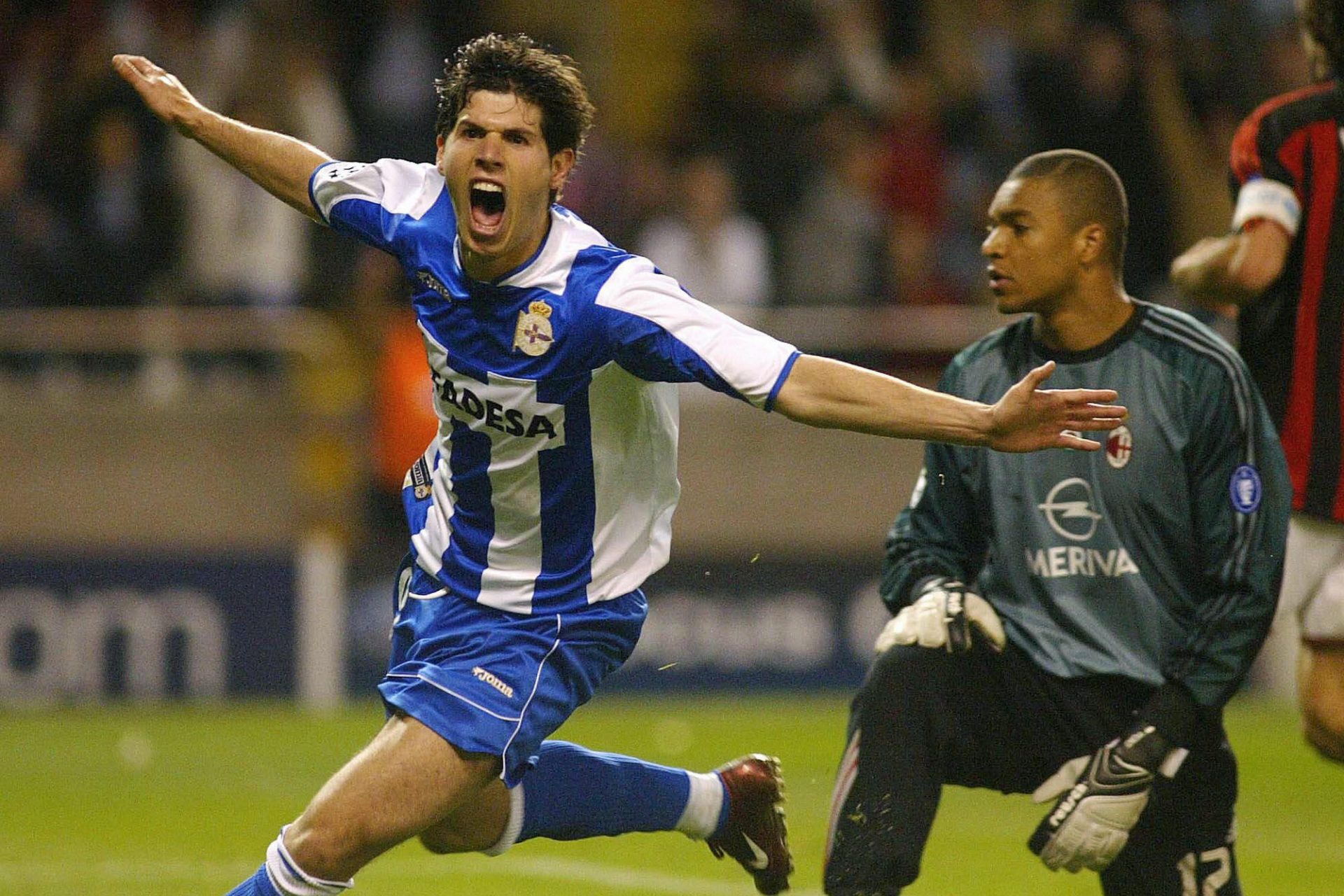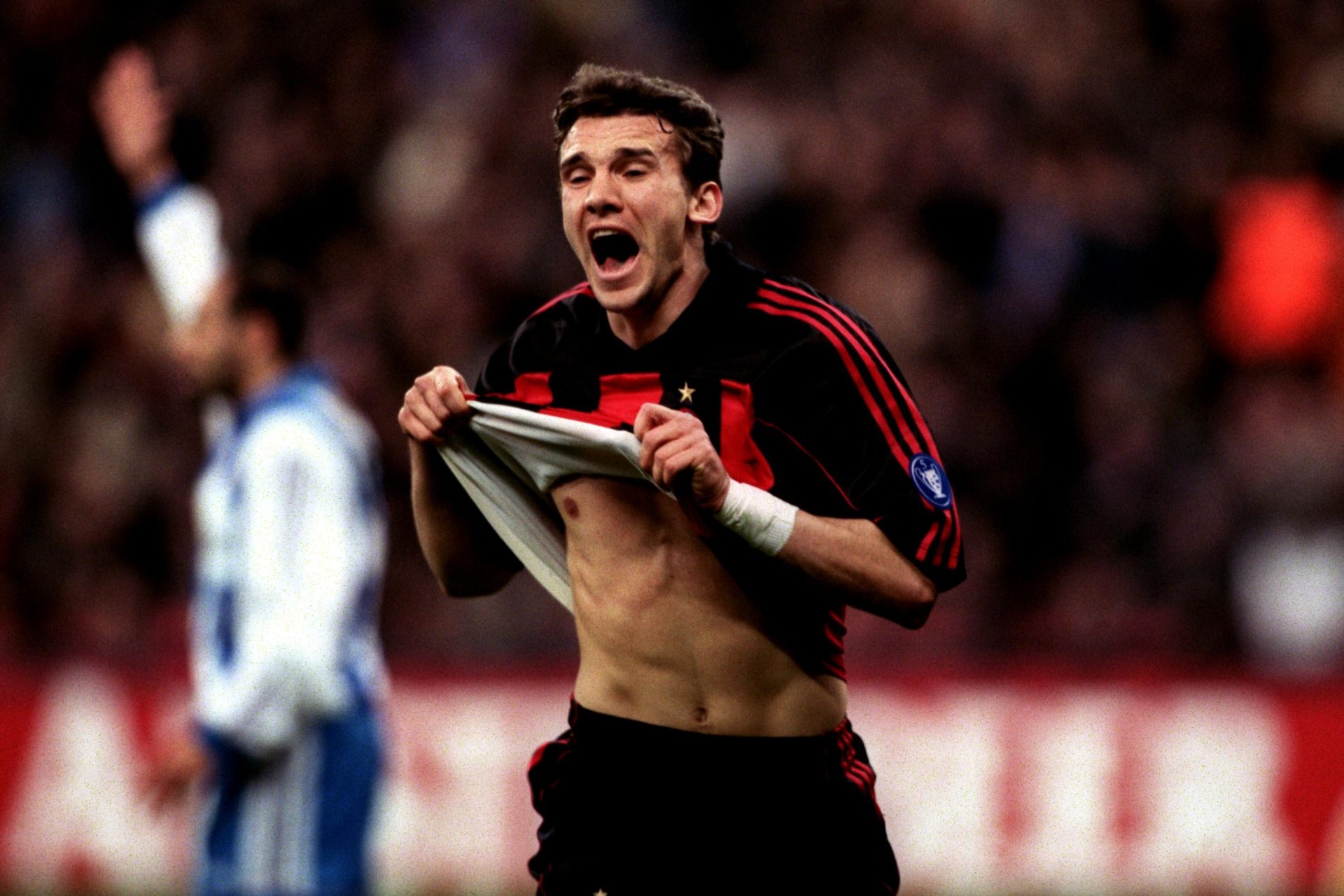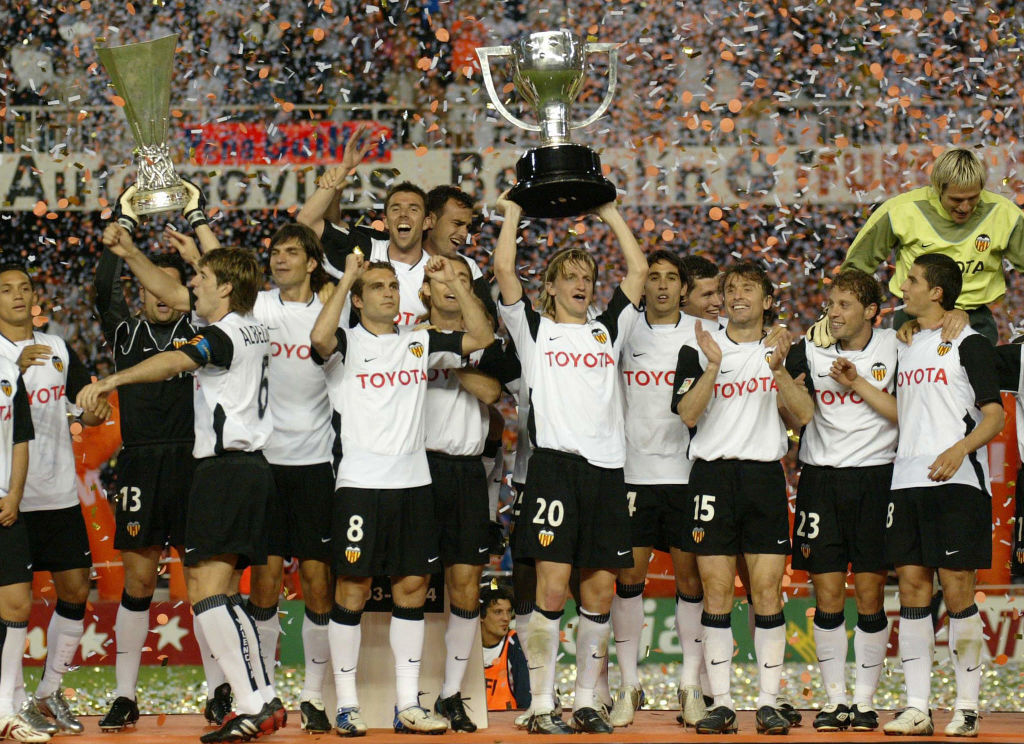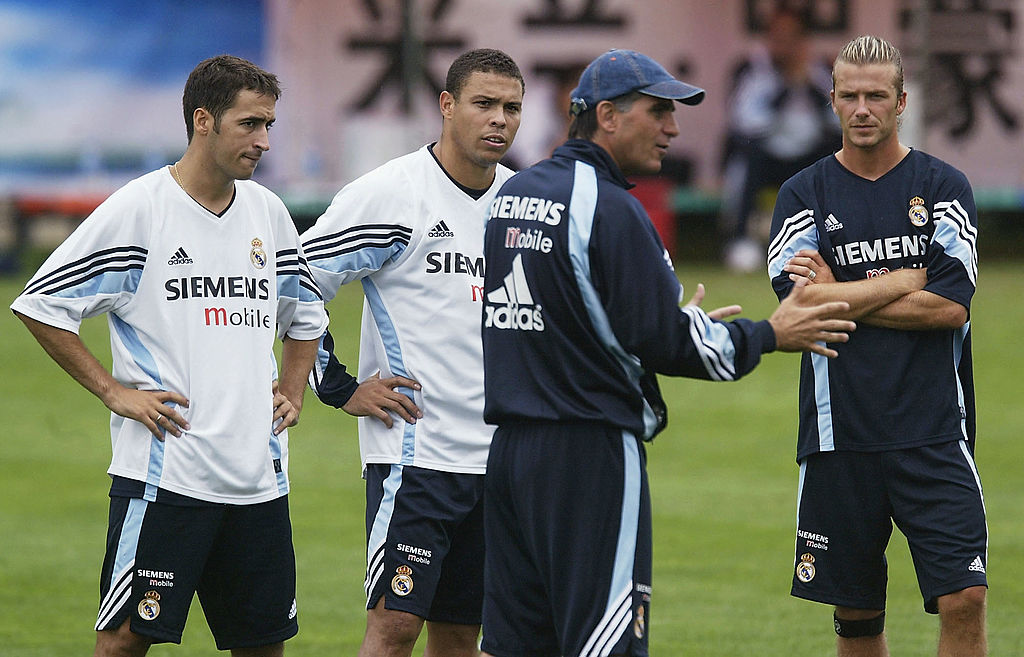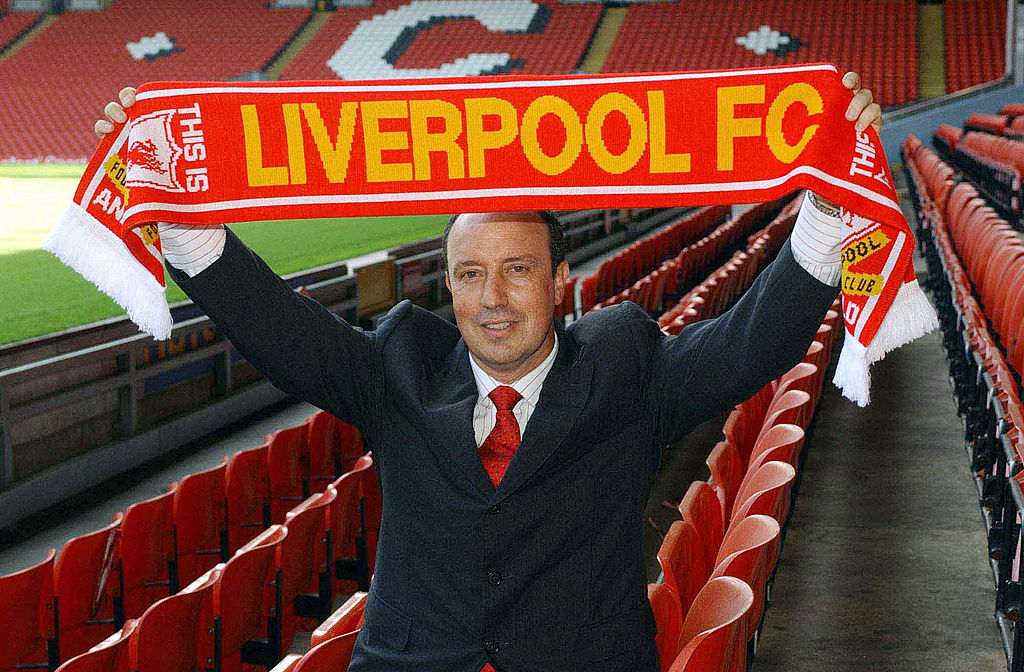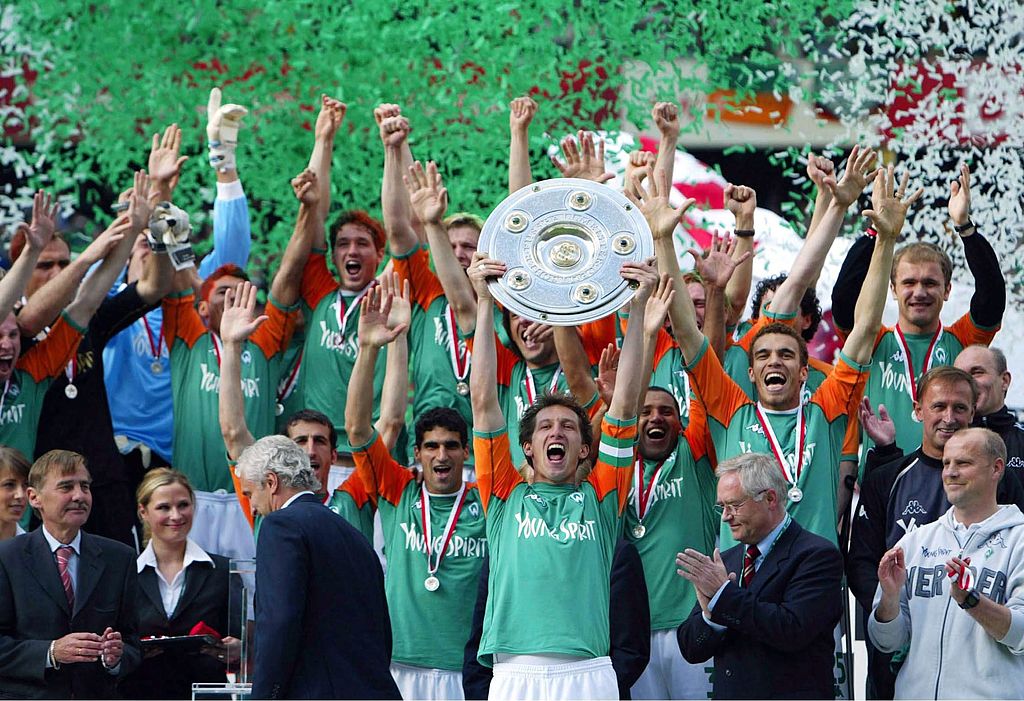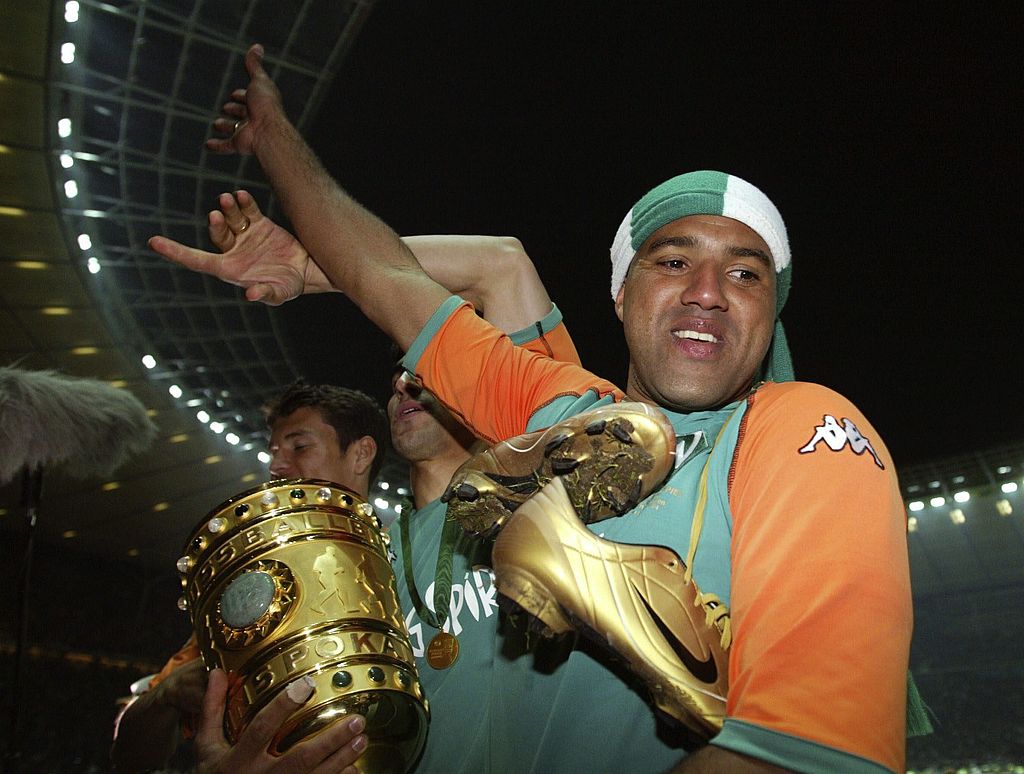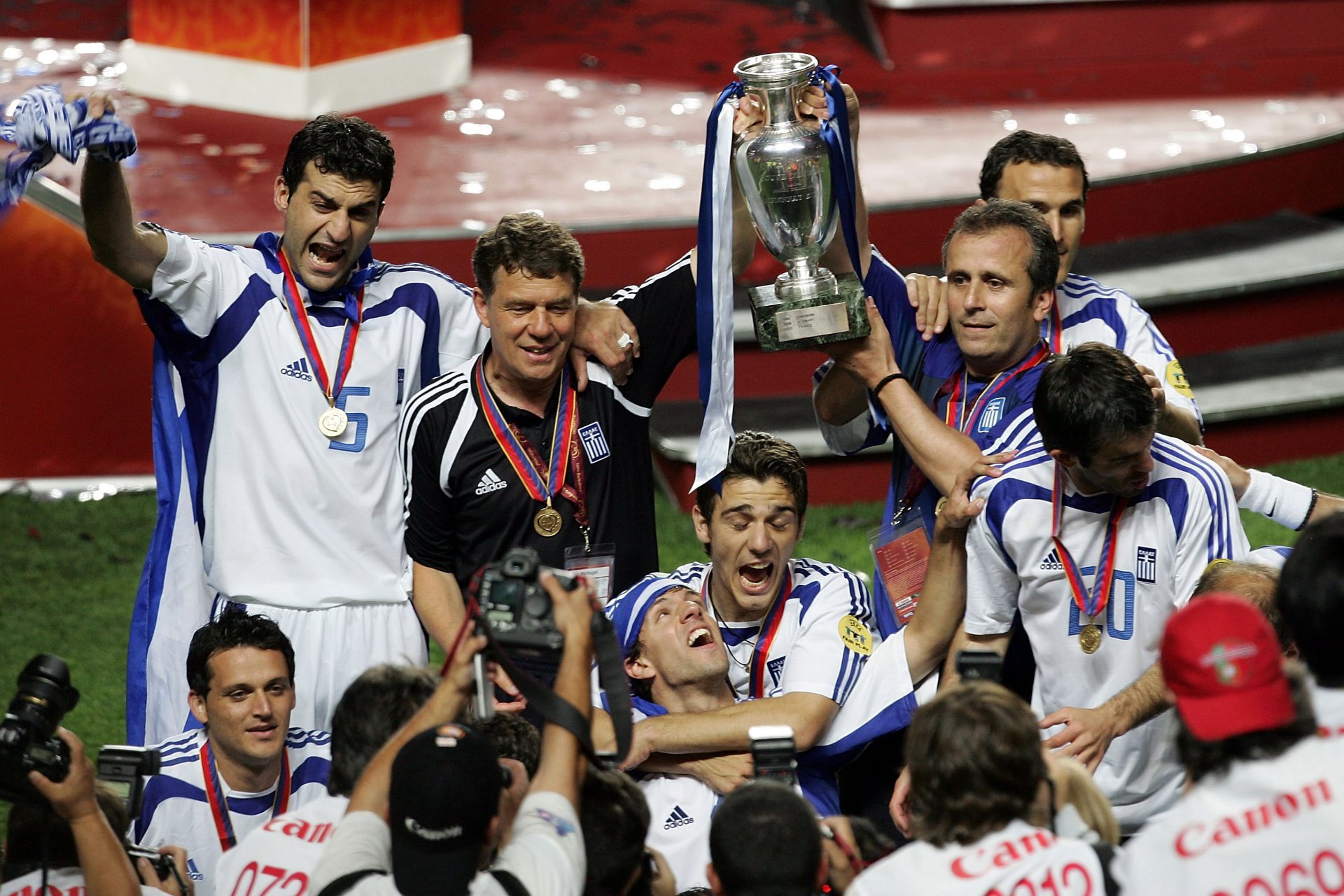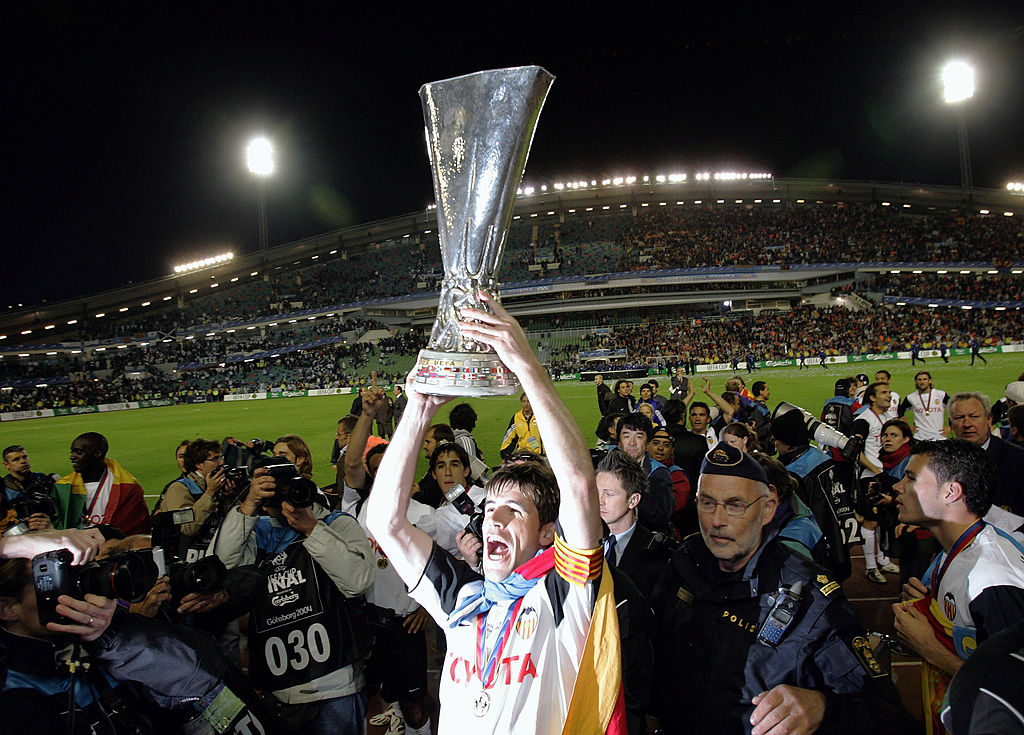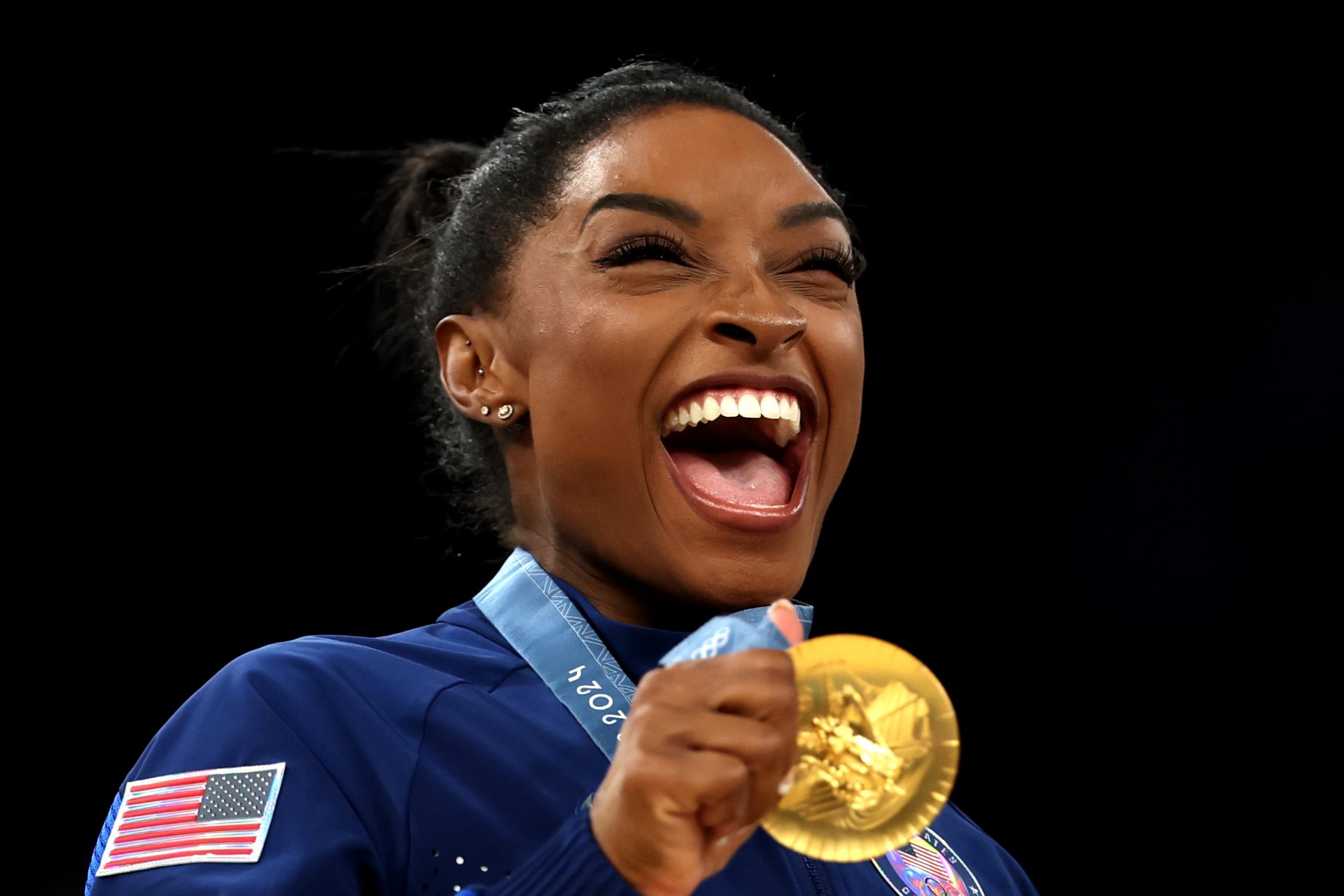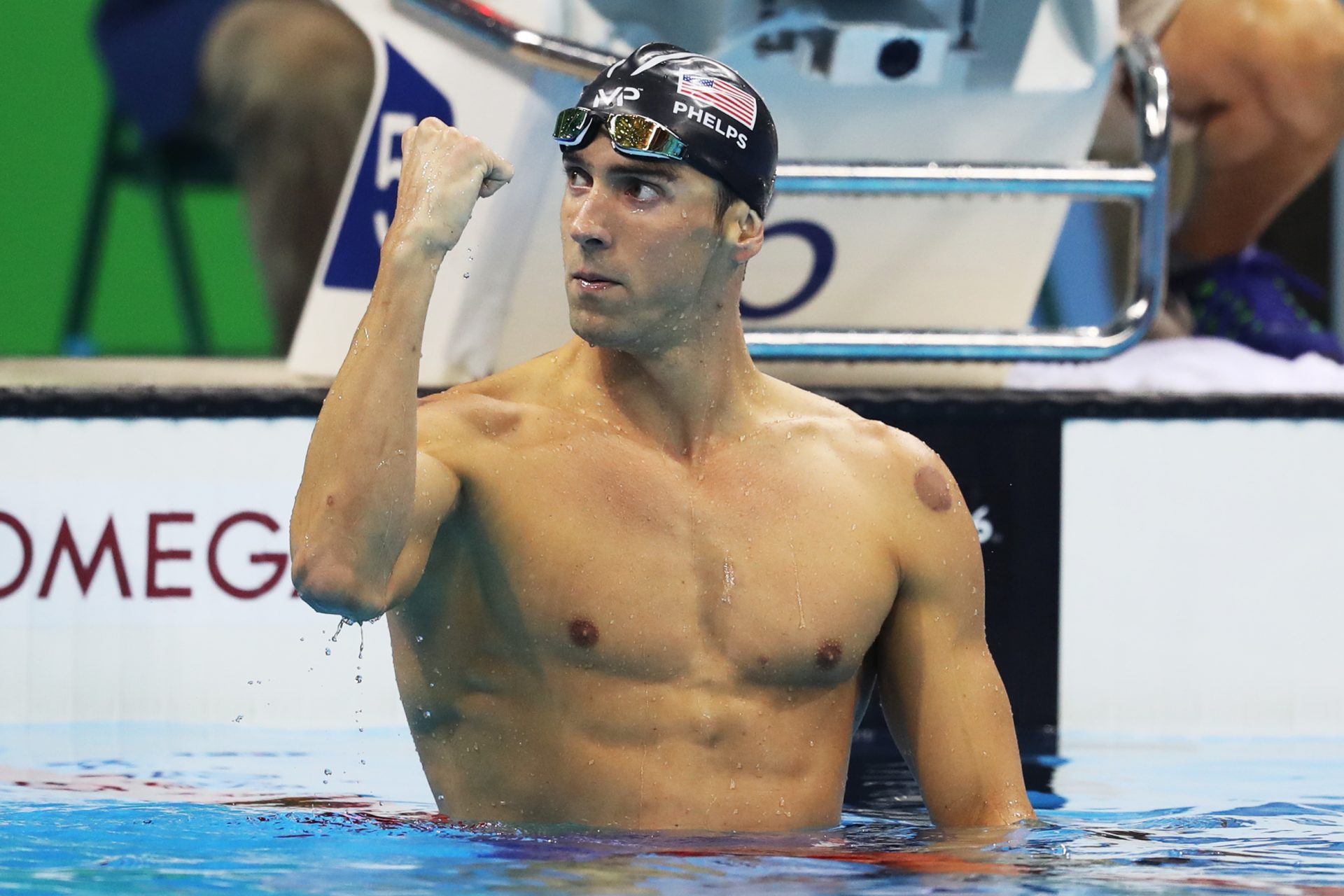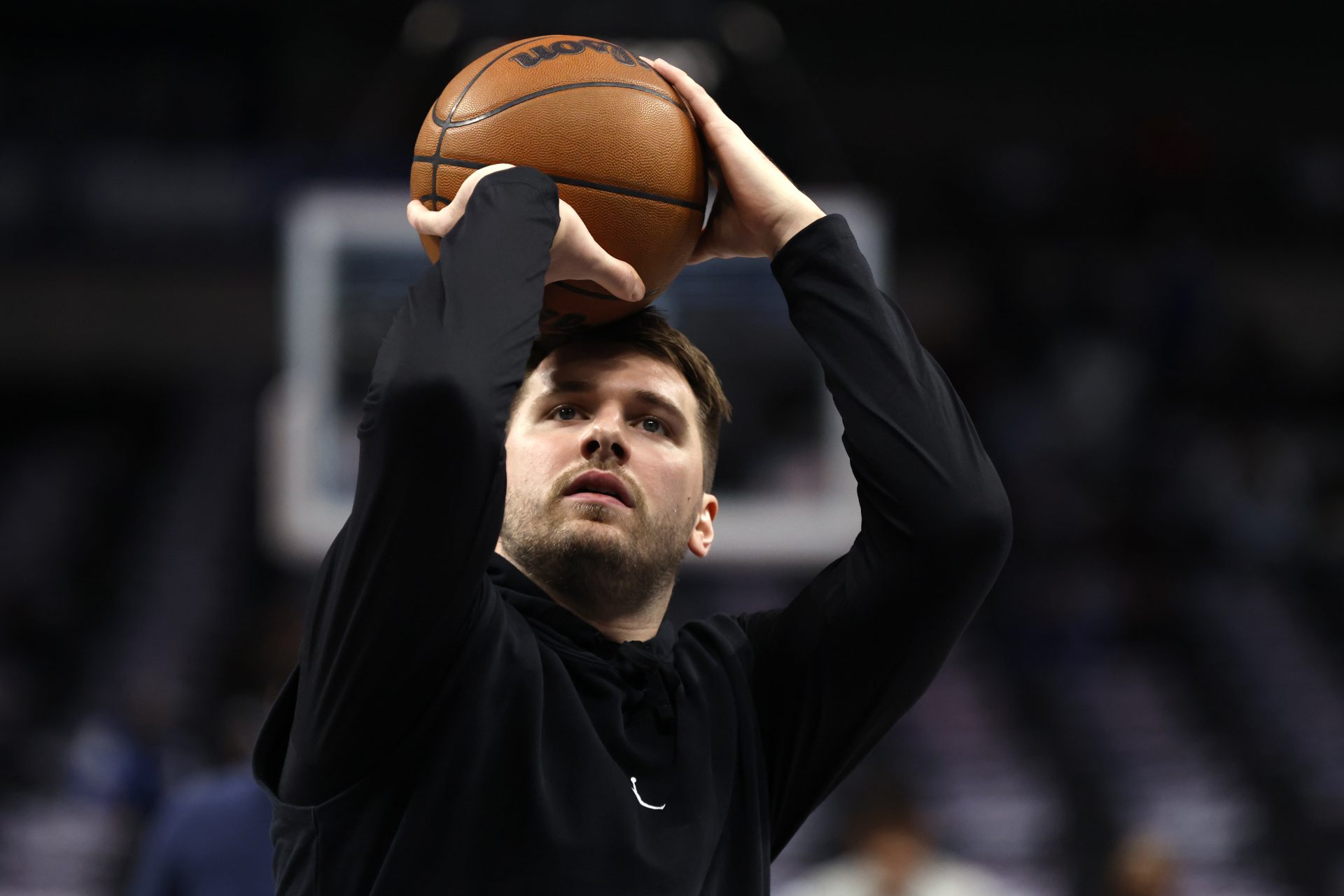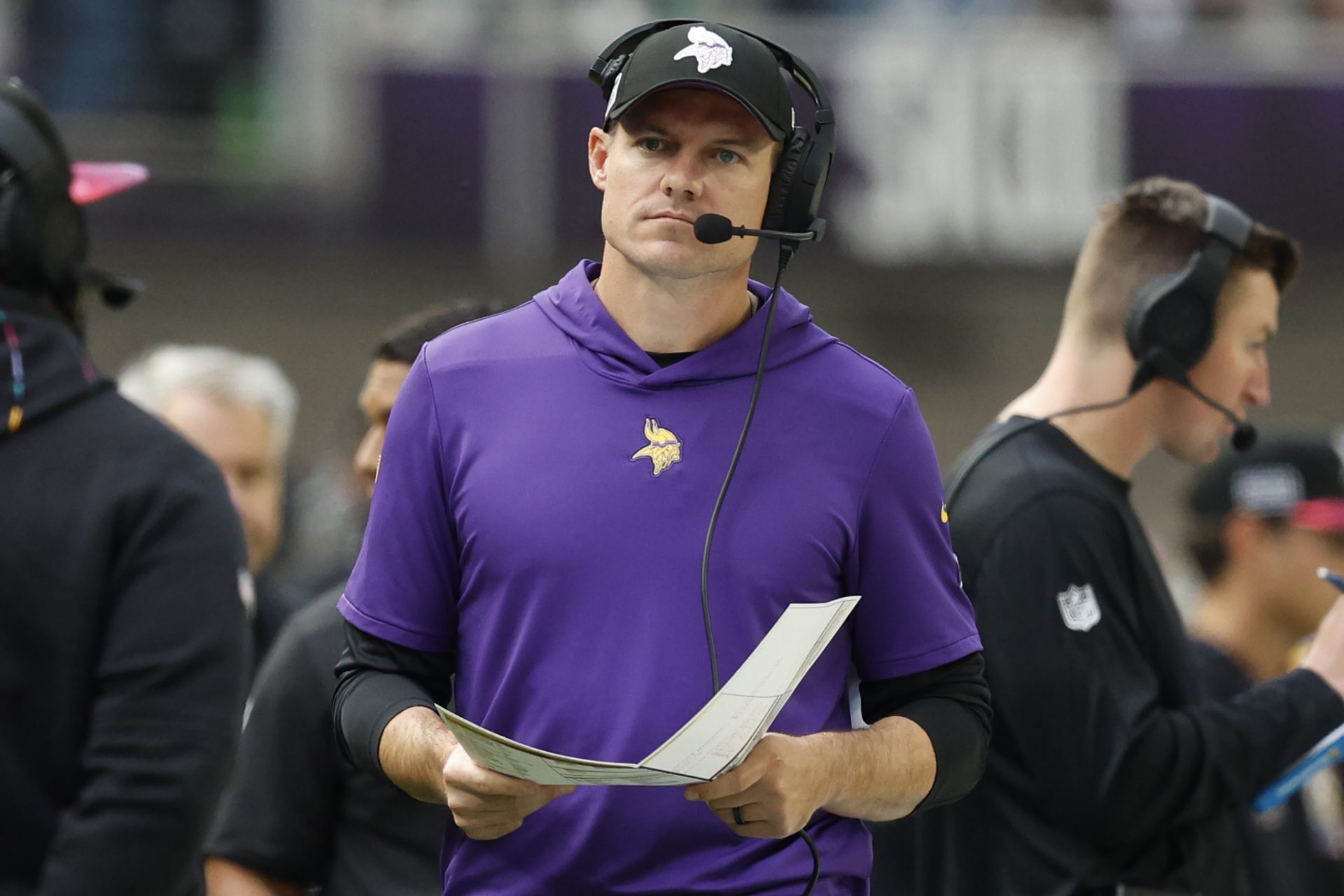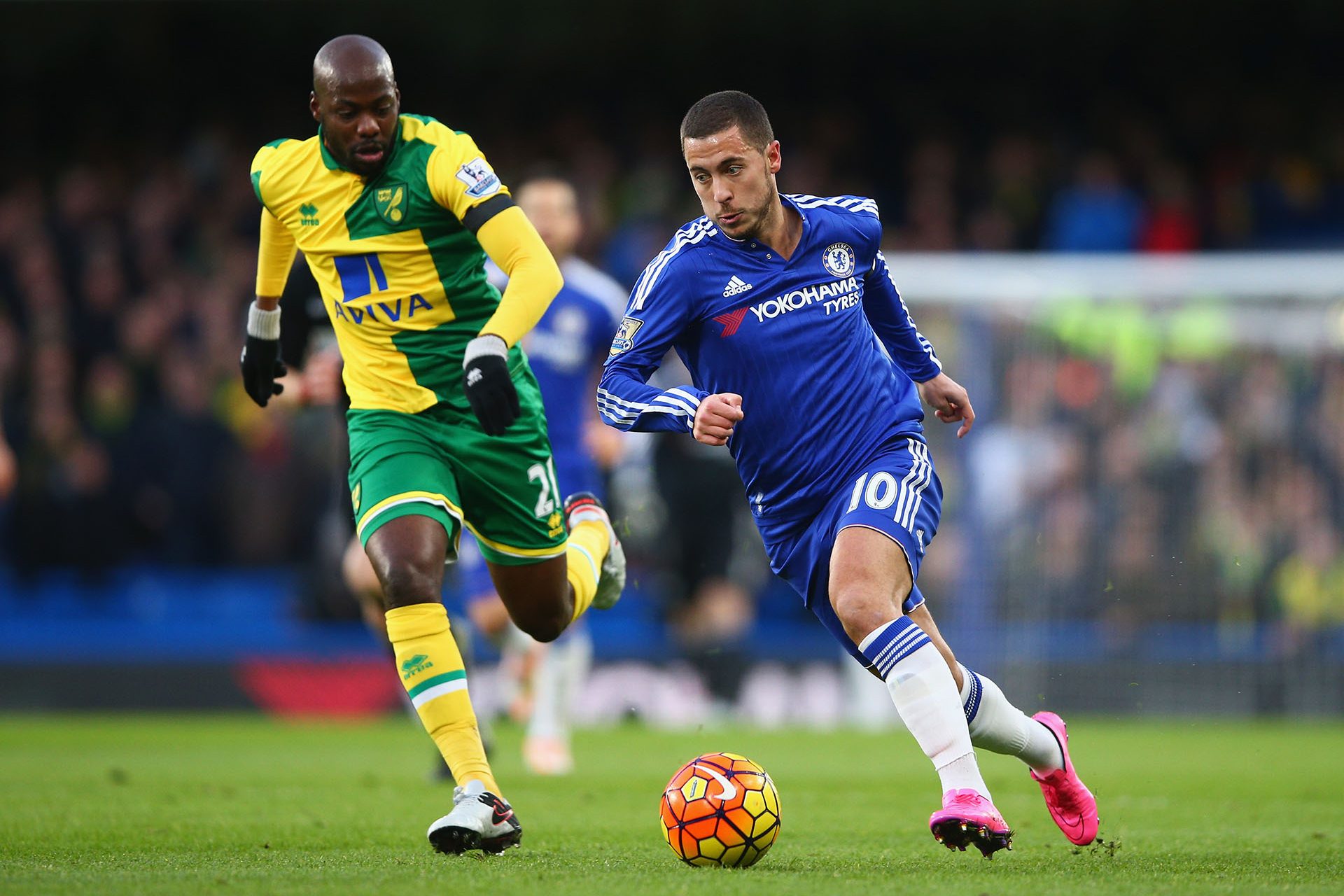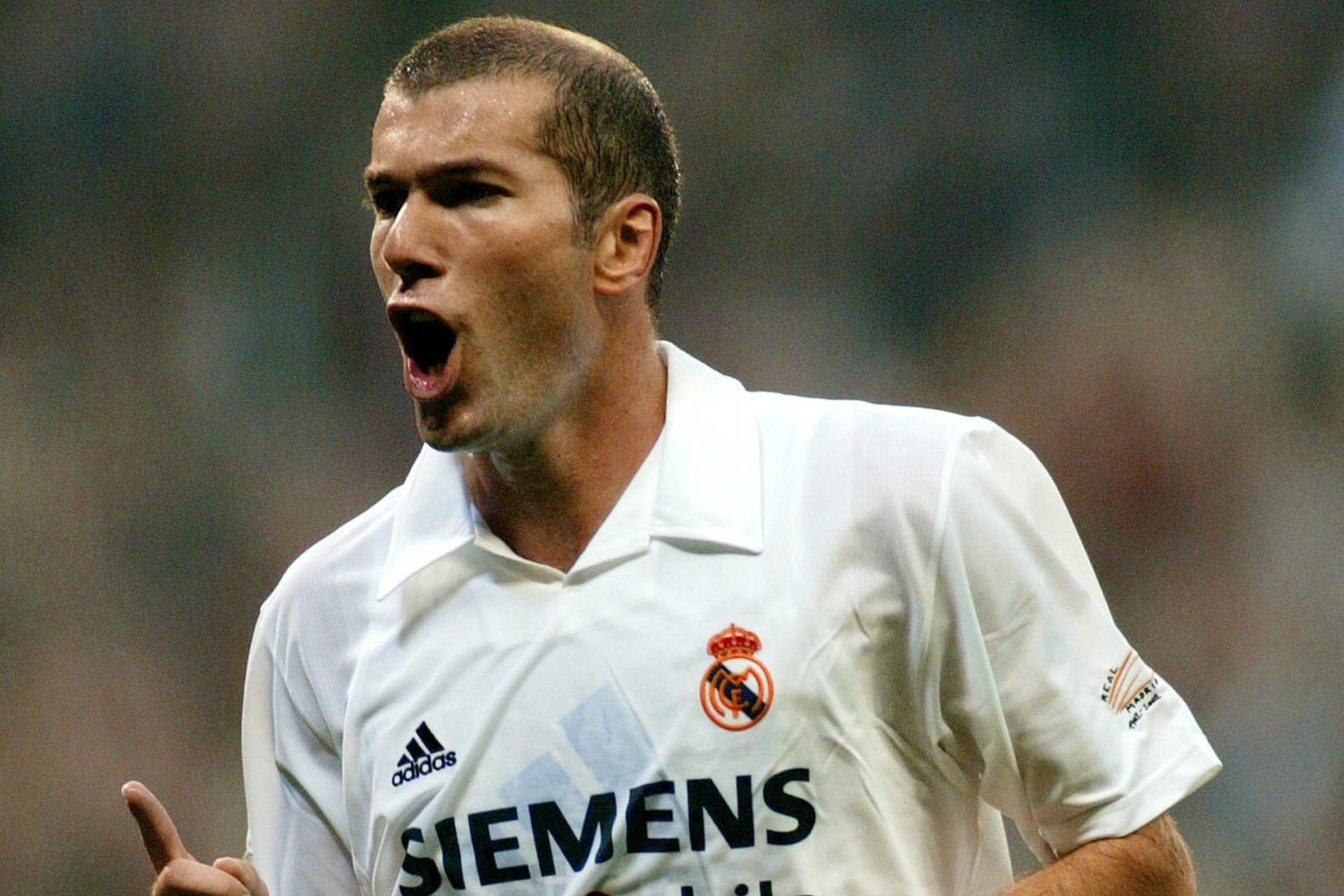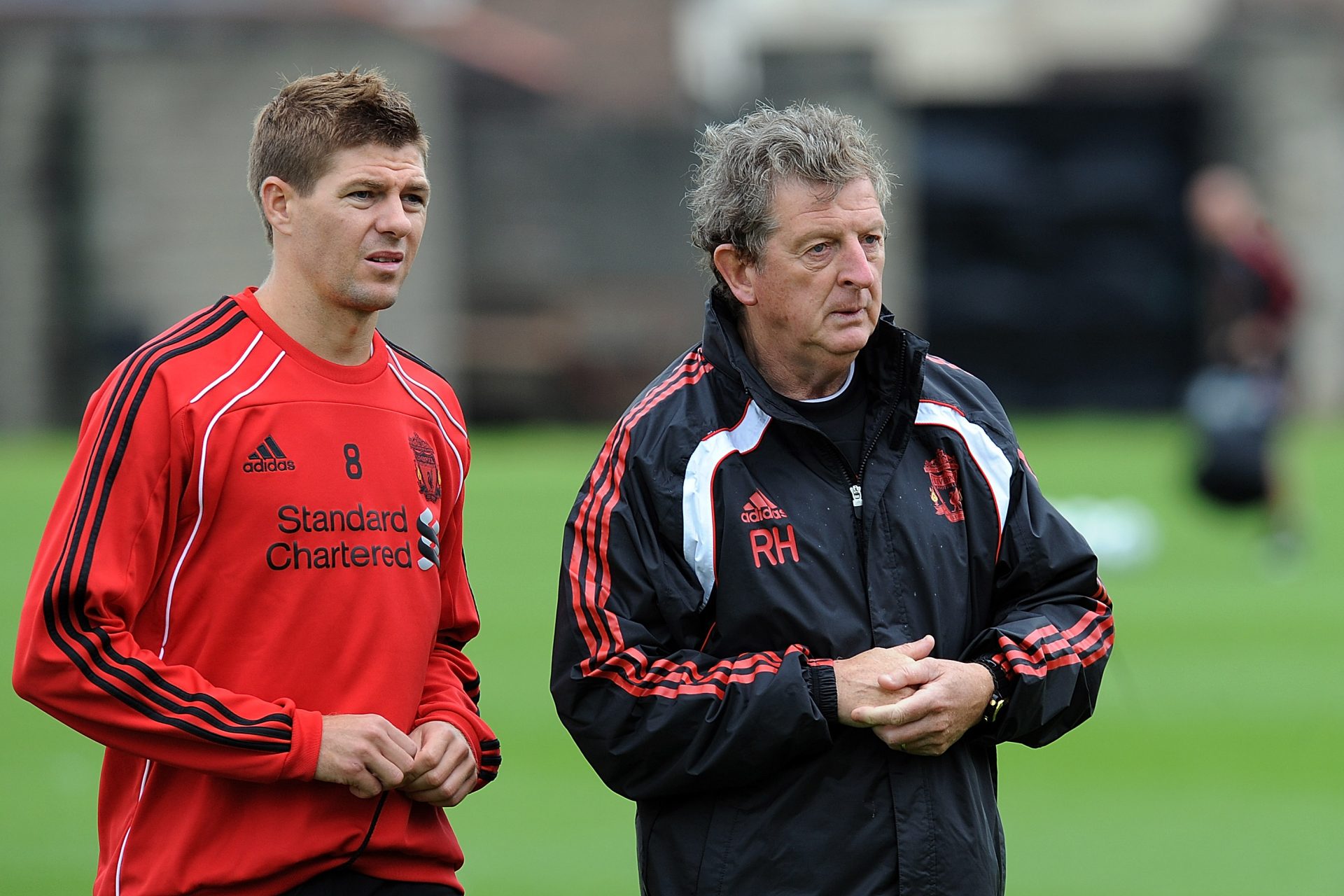Why 2004 was the craziest year in football history
Football has seen its fair share of surprises, but 2004 was truly unique. From unexpected league winners to shocking international triumphs, it was a year when the underdogs ruled.
Giants struggled, newcomers triumphed, and history was rewritten. From club to international level, unpredictability reigned. Let’s dive into why 2004 stands out as the craziest year in football history.
There's only one place to start in this incredible year... and that's at Highbury, where Arsenal achieved the unthinkable. The Gunners went unbeaten in the Premier League, winning 26 games, drawing 12 and finishing with 90 points, 11 clear of Chelsea. No English team had managed an invincible league season since Preston North End in 1889.
Want to see more like this? Follow us here for daily sports news, profiles and analysis!
Arsène Wenger’s side played attacking, free-flowing football, led by Thierry Henry, who scored 30 league goals, according to Transfermarkt. Their rock-solid defence, marshalled by Sol Campbell and Kolo Touré, conceded just 26 goals, while midfield maestros Patrick Vieira and Robert Pirès controlled the tempo. The Invincibles remain one of the greatest teams in English football history.
Arsenal's success wasn't about to last long, though. Roman Abramovich’s arrival in England, and the billions of rubles of investment he brought with him, were about to transform Chelsea into a powerhouse. They finished second in the Premier League with a club record 79 points, then hired José Mourinho as coach. Everything was about to change.
A young Mourinho was the coach of FC Porto, who stunned Europe by winning the Champions League in the 2003/04 season. The side, a team without any global superstars, upset all odds in becoming only the second Portuguese club to win the competition.
On their way to unexpected glory, they defeated Manchester United, Lyon and Deportivo La Coruña before beating Monaco—the other surprise package in the tournament—in the final, 3-0, with goals from Carlos Alberto, Deco and Dmitri Alenichev.
Another major upset of that year's Champions League came at the quarter-final stage. Star-studded AC Milan seemed destined for another Champions League final, especially when they led Deportivo La Coruña 4-1 after the first leg. Incredibly, they lost the second leg in Galicia 4-0, crashing out in one of the biggest collapses in UCL history.
Despite his side's failings in the Champions League, Andriy Shevchenko won the 2004 Ballon d’Or after leading AC Milan to Serie A glory in a 24-goal season. Many felt that either Deco, the creative force behind Porto’s Champions League triumph, or Thierry Henry, an Invincible with Arsenal, deserved it more. It sparked debates about whether individual or team success mattered more in awards.
Want to see more like this? Follow us here for daily sports news, profiles and analysis!
Back in Spain, the shocks continued. Valencia, managed by Rafael Benítez, were making waves, completing a shock La Liga and the UEFA Cup double. They finished five points ahead of Barcelona, conceding only 27 goals in 38 matches. In Europe, they crushed Marseille 2-0 in the UEFA Cup final. It was a golden era for the club.
Valencia's league victory came against the backdrop of an epic collapse by Los Galácticos. Despite leading La Liga in March, they lost their final five league games to eventually finish fourth. Their star-studded squad, including Zinédine Zidane, Ronaldo and David Beckham, were also knocked out of the Champions League in the quarter-finals by Monaco.
As a result, Real boss Carlos Queiroz, a rather rogue appointment in itself, found himself returning to Old Trafford as Sir Alex Ferguson's assistant and Rafa Benítez (pictured) was appointed as the new Liverpool manager, where he would start up a long-running rivalry with the aforementioned Mourinho.
Over in Germany, there was a massive surprise, too, as Bayern Munich’s Bundesliga dominance was interrupted by Werder Bremen, a club without major financial backing, who claimed a historic double.
They secured the league title with 74 points, six ahead of Bayern Munich, becoming the first team that wasn't Bayern to do the double since 1988. Their attacking duo of Aílton and Ivan Klasnić was unstoppable, with the Brazilian (pictured) scoring 28 league goals. In the DFB-Pokal final, Bremen thrashed Alemannia Aachen 3-2, completing a fairytale season.
However, the surprises didn't stop there. In international football, too, there were massive shocks—none more so than in Portugal at Euro 2004. Greece, ranked 35th in the world, won the trophy against all odds, defeating holders France, the Czech Republic and then hosts Portugal in the final, thanks to a single goal from Angelos Charisteas.
2004 saw defensive tactics reach new heights. Football was shifting away from pure attacking play to more tactical discipline—and it paid dividends. Porto’s compact system helped them win the Champions League and, likewise, Greece coach Otto Rehhagel’s deep-block strategy, relying on set pieces and a resolute backline, led them to Euro 2004 glory.
Want to see more like this? Follow us here for daily sports news, profiles and analysis!
Unlikely winners emerged everywhere in 2004. Porto in Europe, Valencia in Spain, Werder Bremen in Germany and Greece in international football. It was a year when football’s traditional powers were humbled. The gap between giants and outsiders had never felt smaller.
More for you
Top Stories



